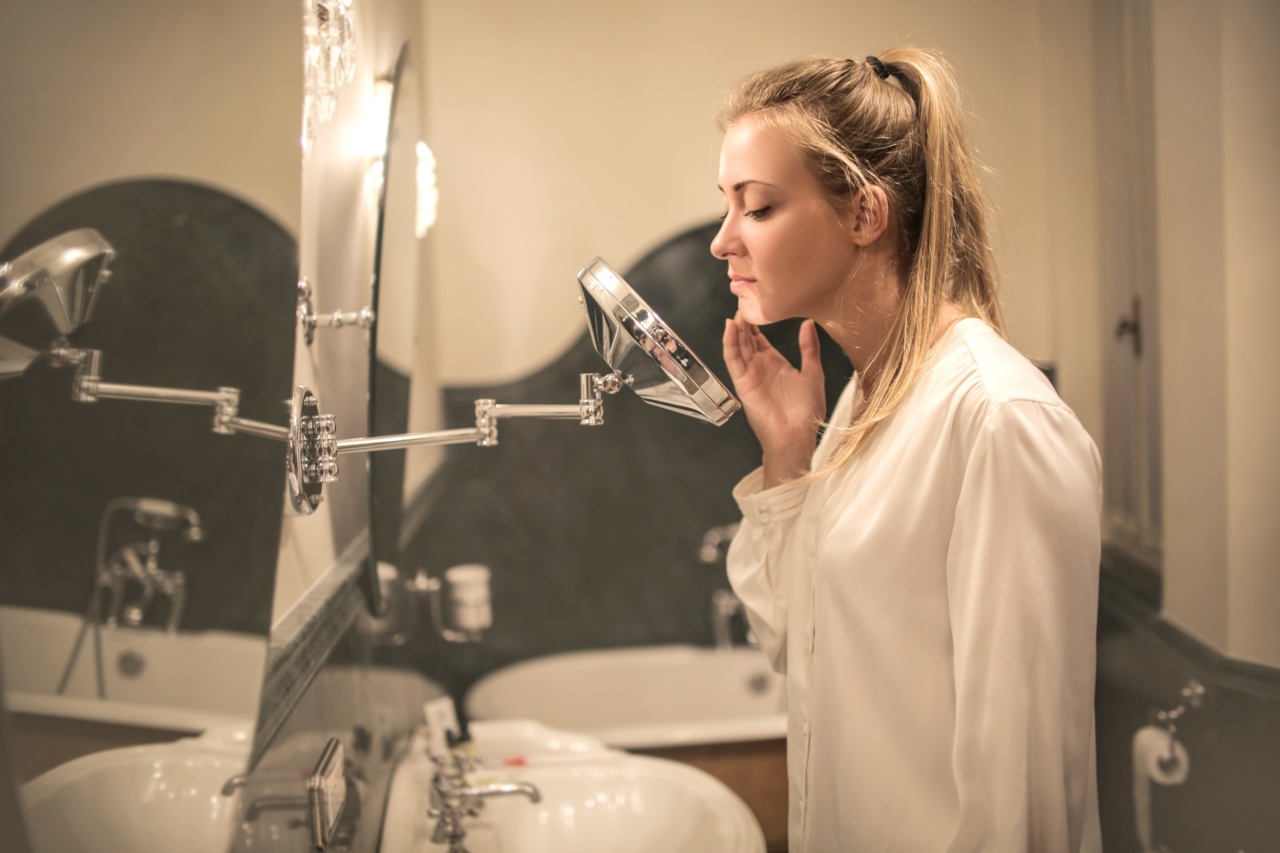Dealing with acne can be incredibly frustrating, especially when it seems like you’ve tried everything to clear it up. Over-the-counter products can be harsh and irritating to the skin, and prescription options can come with unwanted side effects.
One nature-inspired approach you might consider is incorporating natural remedies into your skincare routine. These methods can help to soothe inflammation and prevent future breakouts without harsh chemicals. Here are some natural ways to clear your skin.
Eat a well-balanced diet
A healthy diet plays a significant role in maintaining clear, healthy-looking skin. Focus on consuming nutrient-dense foods that nourish the skin.
Foods that are beneficial for controlling acne include leafy green vegetables, berries, avocados, nuts, and complex carbohydrates such as sweet potatoes and quinoa. Avoid processed foods, sugar, and refined carbohydrates as much as possible, as they can spike blood sugar, increase inflammation and contribute to acne formation.
Stay hydrated
Dehydration can cause skin conditions such as acne, eczema, and psoriasis. It’s essential to drink at least eight glasses of water per day to keep your skin and body hydrated.
Water helps to flush out toxins, which can contribute to inflammation and acne’s formation. Drinking water also helps improve blood flow, leading to healthier, brighter skin.
Use honey
Honey is a natural antibacterial ingredient that can help reduce inflammation and soothe acne-prone skin. It contains enzymes that break down dead skin cells that can clog pores and cause pimples.
Apply raw honey to your skin as a face mask for 15 to 20 minutes, then rinse off with warm water for smooth, glowing skin. Honey can also be mixed with other natural ingredients such as turmeric or cinnamon for added antioxidant and anti-inflammatory benefits.
Tea tree oil
Tea tree oil is a potent, natural remedy for acne-prone skin. It has antimicrobial and anti-inflammatory properties, making it useful for reducing swelling, irritation, and redness.
Apply a drop of tea tree oil directly to the pimple or dilute it by adding a teaspoon of a carrier oil like jojoba oil and mix well. Apply the mixture to the affected area with a clean cotton swab. Be sure to do a skin patch test first to ensure you don’t have an allergic reaction to tea tree oil.
Green tea
Green tea contains polyphenols that help to reduce inflammation and fight the growth of bacteria that cause pimples. This beverage also contains an antioxidant called epigallocatechin-3-gallate (EGCG) that can help soothe acne lesions.
Sipping green tea every day or applying it topically to the skin can help to reduce acne breakouts and improve your skin’s overall appearance.
Essential oils
Essential oils like lavender, chamomile, and rose are effective natural remedies for acne-prone skin. Lavender essential oil calms down inflammation, while chamomile has anti-inflammatory properties and improves skin hydration.
Rose oil works as an astringent and helps tighten pores, preventing bacterial growth. Dilute a few drops of essential oil with a carrier oil such as jojoba, and apply it to your face using a clean cotton ball.
Exfoliate
Exfoliation removes dead skin cells and unclogs pores that can lead to acne formation. It also allows your skin to breathe and enhances the skin’s ability to absorb nutrients.
Use gentle exfoliants like baking soda, sugar, or coffee grounds mixed with honey or coconut oil to make a natural scrub. Apply the mixture on damp skin, then massage in circular motions for a few minutes before rinsing off with warm water.
Get sufficient sleep
Sleep plays a vital role in maintaining healthy skin. When you sleep, your body produces collagen, which helps to keep your skin firm and wrinkle-free. Aim to get at least seven hours of sleep per night to promote healthy skin.
Lack of sleep can lead to stress, which causes the body to produce cortisol, a hormone that triggers acne formation.
Use apple cider vinegar
Apple cider vinegar is a natural astringent that helps to unclog pores and exfoliate dead skin cells. It has antibacterial properties that can help combat acne-causing bacteria.
Mix apple cider vinegar with water in equal parts, then apply the mixture to your face using a clean cotton ball. Allow it to dry for a few minutes, then rinse off with warm water. Use this remedy once a week to avoid over-drying your skin.
Avoid touching your face
Touching your face with your hands can transfer bacteria, dirt, and oil that can lead to acne formation. Avoid touching your face as much as possible, and if you must touch your face, make sure your hands are clean.
Use a clean towel to wipe your face regularly and avoid using harsh chemicals on your skin.
Conclusion
Acne is a common skin condition that can be challenging to manage. However, using the natural remedies mentioned above can help soothe inflammation and prevent future breakouts.
These methods are safe and gentle on the skin, allowing you to maintain healthy, clear skin without harsh chemicals. If you have persistent acne, it’s best to consult a dermatologist to determine the underlying cause and discuss treatment options.































